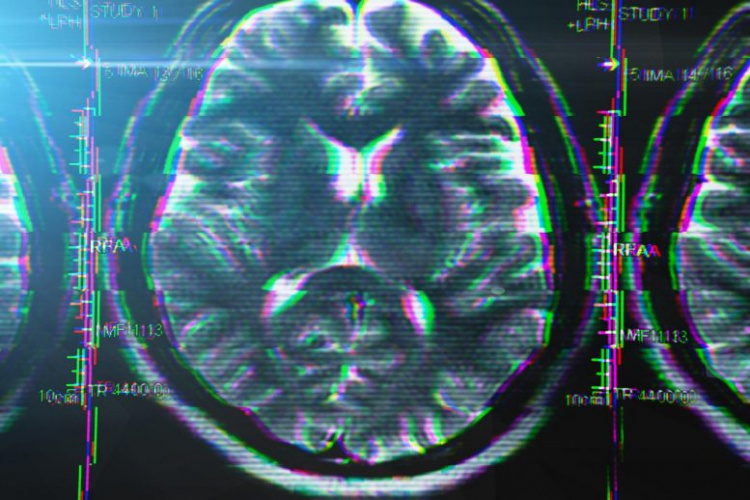Coronavirus Does Not Infect the Brain, but Still Inflicts Significant Neurological Damage

SARS-CoV-2, the virus that causes COVID-19, likely does not directly infect the brain but can still inflict significant neurological damage, according to a new study from neuropathologists, neurologists, and neuroradiologists at Columbia University Vagelos College of Physicians and Surgeons.
“There’s been considerable debate about whether this virus infects the brain, but we were unable to find any signs of virus inside brain cells of more than 40 COVID-19 patients,” says James E. Goldman, MD, PhD, professor of pathology & cell biology (in psychiatry), who led the study with Peter D. Canoll, MD, PhD, professor of pathology & cell biology, and Kiran T. Thakur, MD, the Winifred Mercer Pitkin Assistant Professor of Neurology.
“At the same time, we observed many pathological changes in these brains, which could explain why severely ill patients experience confusion and delirium and other serious neurological effects — and why those with mild cases may experience ‘brain fog’ for weeks and months.”
The study, published in the journal Brain, is the largest and most detailed COVID-19 brain autopsy report published to date, suggests that the neurological changes often seen in these patients may result from inflammation triggered by the virus in other parts of the body or in the brain’s blood vessels.
No Virus in Brain Cells
The study examined the brains of 41 patients with COVID-19 who succumbed to the disease during their hospitalization. The patients ranged in age from 38 to 97; about half had been intubated and all had lung damage caused by the virus. Many of the patients were of Hispanic ethnicity. There was a wide range of hospital length with some patients dying soon after arrival to the emergency room while others remained in the hospital for months. All of the patients had extensive clinical and laboratory investigations, and some had brain MRI and CT scans.
To detect any virus in the neurons and glia cells of the brain, the researchers used multiple methods including RNA in situ hybridization, which can detect viral RNA within intact cells; antibodies that can detect viral proteins within cells; and RT-PCR, a sensitive technique for detecting viral RNA.
Despite their intensive search, the researchers found no evidence of the virus in the patients’ brain cells. Though they did detect very low levels of viral RNA by RT-PCR, this was likely due to virus in blood vessels or leptomeninges covering the brain.
“We’ve looked at more brains than other studies, and we’ve used more techniques to search for the virus. The bottom line is that we find no evidence of viral RNA or protein in brain cells,” Goldman says. “Though there are some papers that claim to have found virus in neurons or glia, we think that those result from contamination, and any virus in the brain is contained within the brain’s blood vessels.” “If there’s any virus present in the brain tissue, it has to be in very small amounts and does not correlate with the distribution or abundance of neuropathological findings,” Canoll says.
The tests were conducted on more than two dozen brain regions, including the olfactory bulb, which was searched because some reports have speculated that the coronavirus can travel from the nasal cavity into the brain via the olfactory nerve. “Even there, we didn’t find any viral protein or RNA,” Goldman says, “though we found viral RNA and protein in the patients’ nasal mucosa and in the olfactory mucosa high in the nasal cavity.” (The latter finding appears in an unpublished study, currently on BioRxiv, led by Jonathan Overdevest, MD, PhD, assistant professor of otolaryngology, and Stavros Lomvardas, PhD, professor of biochemistry & molecular biophysics and neuroscience.)


Your Comment :